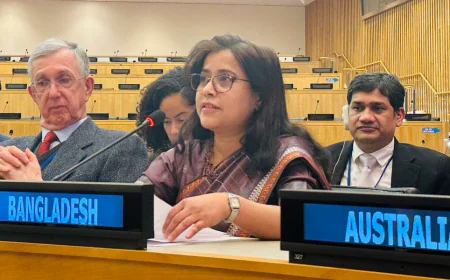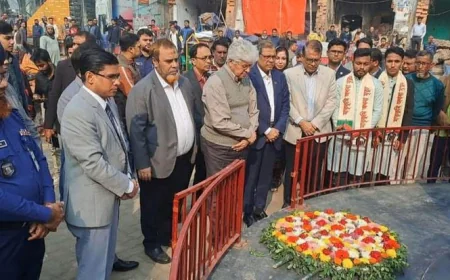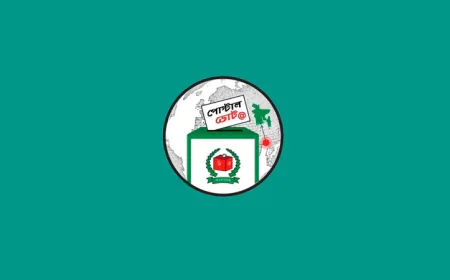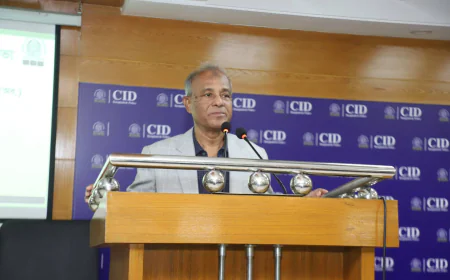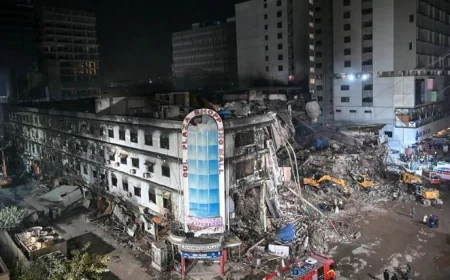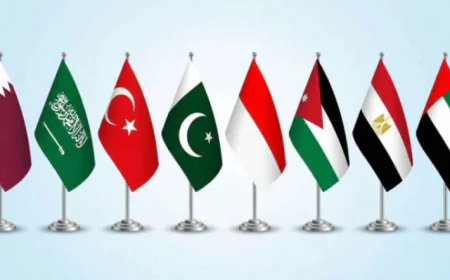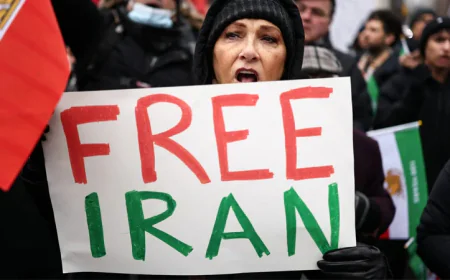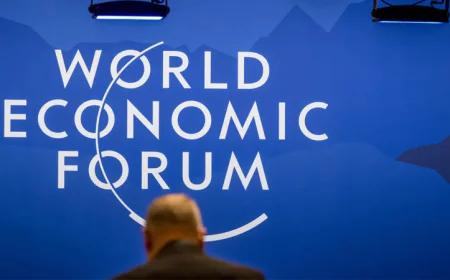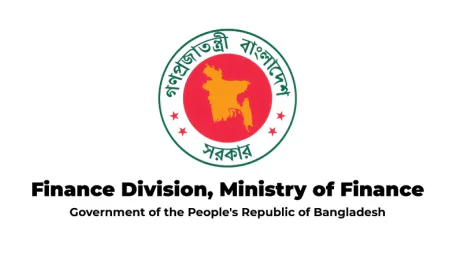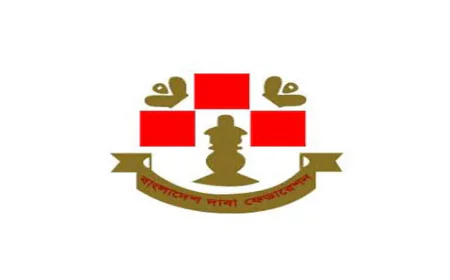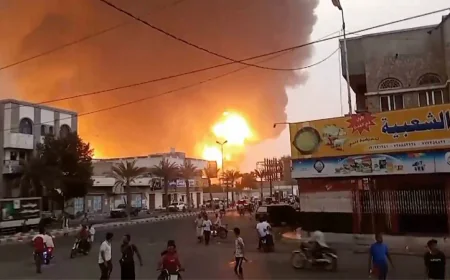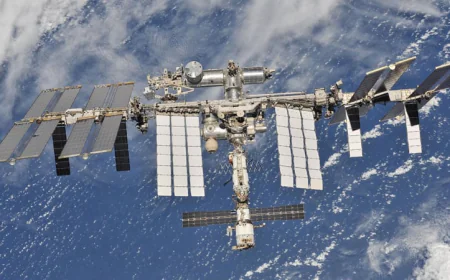UN Declares Famine in Gaza — A “Failure of Humanity”
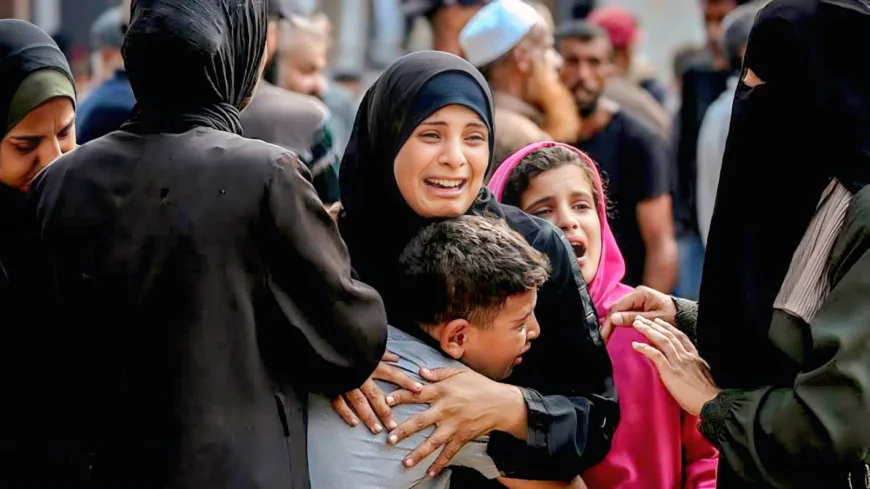
The United Nations has declared an official famine in Gaza, a devastating milestone that humanitarian leaders are calling one of the gravest preventable crises of the century. It is the first time famine has been formally recorded in the Middle East under the internationally recognized food security classification system.
According to the Integrated Food Security Phase Classification (IPC), a UN-backed monitoring body, conditions in northern Gaza have met and exceeded all three famine thresholds: extreme scarcity of food, acute child malnutrition, and an escalating death rate caused by starvation and related disease. The IPC’s latest assessment estimates that more than 514,000 people—nearly a quarter of Gaza’s population—are already in catastrophic hunger, with projections warning that by late September that figure could rise to over 640,000 as the crisis spreads southward into Deir al-Balah and Khan Younis.
UN Secretary-General António Guterres delivered a scathing condemnation of the situation, describing the famine as “a man-made disaster, a moral indictment, and a failure of humanity itself.” He added, “This is not a natural catastrophe. It is the direct result of human choices, of siege, obstruction, and deliberate indifference to suffering.”
Humanitarian agencies have been warning for months that Gaza was on the brink of famine. Reports from the ground describe parents boiling weeds to feed their children, families grinding animal feed into flour, and doctors performing surgery on children too weak to cry from hunger. In June, more than 130,000 children under the age of five were identified as acutely malnourished, with over 40,000 at immediate risk of death. Health officials warn that the combination of starvation, disease, and collapsing medical infrastructure is creating a lethal cycle that could kill tens of thousands more in the coming weeks.
The United Nations and aid groups accuse Israel of creating the conditions for famine through systematic obstruction of food deliveries. Convoys of flour, rice, and other essentials have piled up at crossing points, often blocked for days or weeks by bureaucratic hurdles or outright denial of entry. When aid does make it across, distribution is frequently disrupted by military activity or restrictions on civilian movement. Volker Türk, the UN High Commissioner for Human Rights, declared that “the deliberate denial of food and essential supplies to civilians amounts to collective punishment” and warned that such actions may constitute a war crime under the Geneva Conventions.
Israel, however, has rejected the famine declaration. In a statement, its foreign ministry dismissed the IPC findings as “based on lies promoted by Hamas and laundered through biased organizations.” The Israeli military office overseeing Gaza operations, COGAT, claimed that food aid has increased significantly in recent weeks and accused the UN of ignoring evidence of expanded deliveries. Israeli officials also suggested that aid was being diverted by armed groups, though international monitors argue that even if diversion occurs, it cannot explain the scale of deprivation.
Despite these claims, aid organizations such as Oxfam, Save the Children, and the World Food Programme argue that the current system of aid delivery is fundamentally broken. In a joint statement, they condemned what they called the transformation of humanitarian relief from a “civilian model” to a “military model,” where access to food is tightly controlled and often weaponized as a bargaining tool. They warn that unless full humanitarian access is granted immediately, Gaza will face mass starvation deaths that could rival some of the worst famines in modern history.
The political implications of the UN’s famine declaration are significant. It increases pressure on Israel from the international community, raises the likelihood of war crimes investigations, and may reshape diplomatic negotiations over a ceasefire. The declaration also puts added urgency on donor governments, many of which have struggled to scale up their contributions or secure safe delivery routes into Gaza.
Meanwhile, the human toll continues to mount. Journalists and aid workers describe scenes of skeletal children waiting in overcrowded hospital wards, parents collapsing from exhaustion as they try to find scraps of food, and entire neighborhoods reduced to silence by hunger. One doctor in northern Gaza told the Associated Press: “We no longer treat patients—we try to keep them alive for another day.”
For millions in Gaza, the famine declaration is not news but confirmation of what they have lived for months. For the world, it is a reminder that this is not simply a humanitarian emergency but, as UN leaders insist, a profound moral failure. As António Guterres put it: “The famine in Gaza is not only a test of our humanity—it is a measure of whether humanity still exists.”

